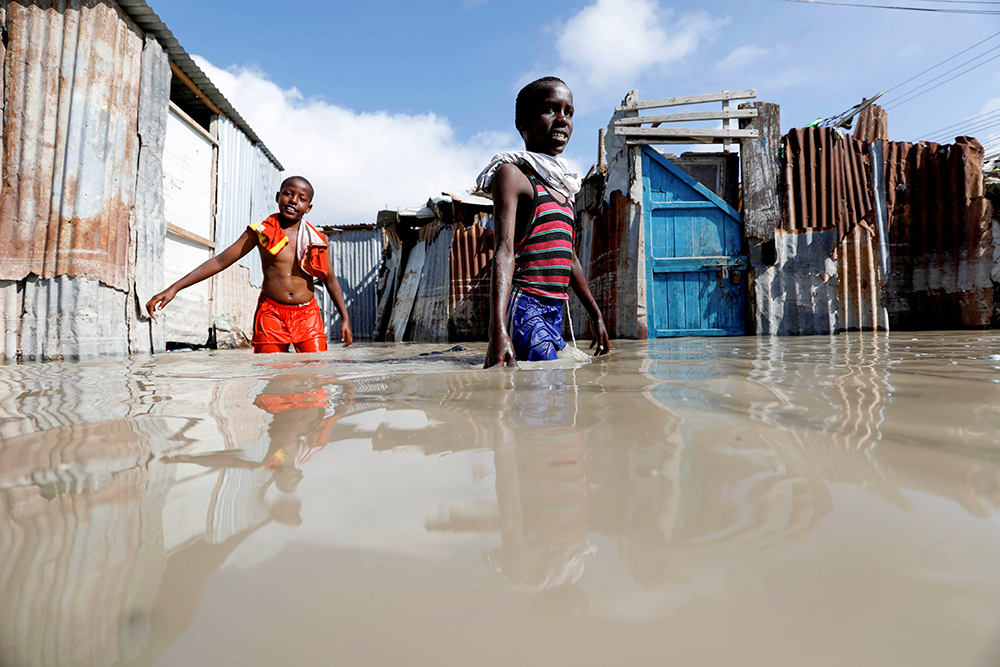
Climate-related Peace and Security Risks in Africa
Climate change can undermine peace and increase levels of violence by affecting the drivers of conflict.

Climate change can undermine peace and increase levels of violence by affecting the drivers of conflict.
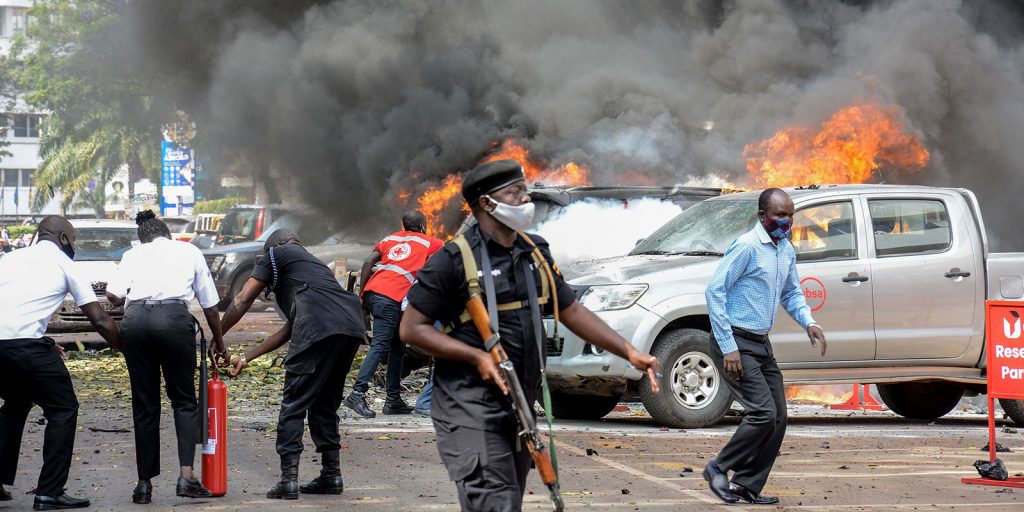
Eastern Africa has two primary terrorism hotspots. The first is Somalia. It has experienced continuous instability since 1991, due to clan-based warlords and the lack of a functioning central government. Secondly, similar to Somalia, the eastern part of the DRC has been a hotspot since its own civil war from 1997 to 2003.
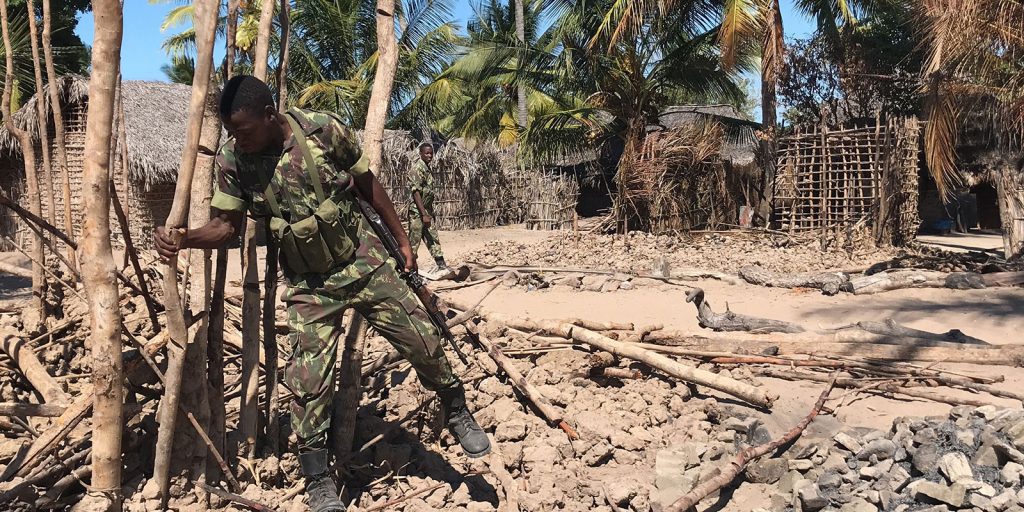
Since October 2017, an insurgency emerged in Mozambique’s northernmost province of Cabo Delgado, resulting in numerous terrorist attacks, claiming nearly 3,000 lives, and displacing some 800,000 people since 2020. In addition to the current military reprisals, a more comprehensive approach should recognise both the fact that the insurgents are the “sons of Mocímboa da Praia” and that at a certain point in time, they became radicalised and turned towards violent extremism.
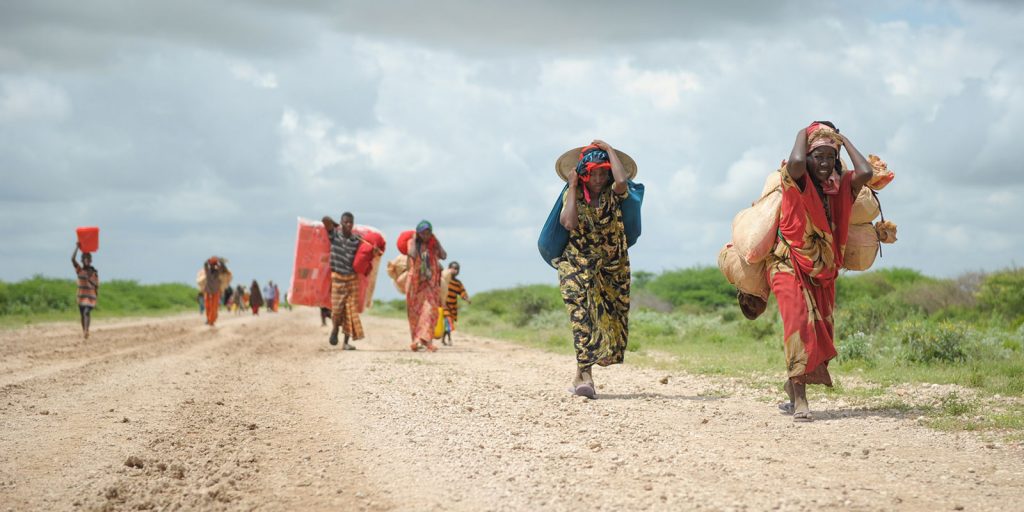
A key factor in promoting effective PCRD relates to coordination and coherence. Effective PCRD also requires coherence and coordination in the deployment of efforts in post-conflict areas. Effective PCRD also requires a consideration of the root causes of conflict. The centrality of PCRD as a means for sustainable peace cannot be underestimated.
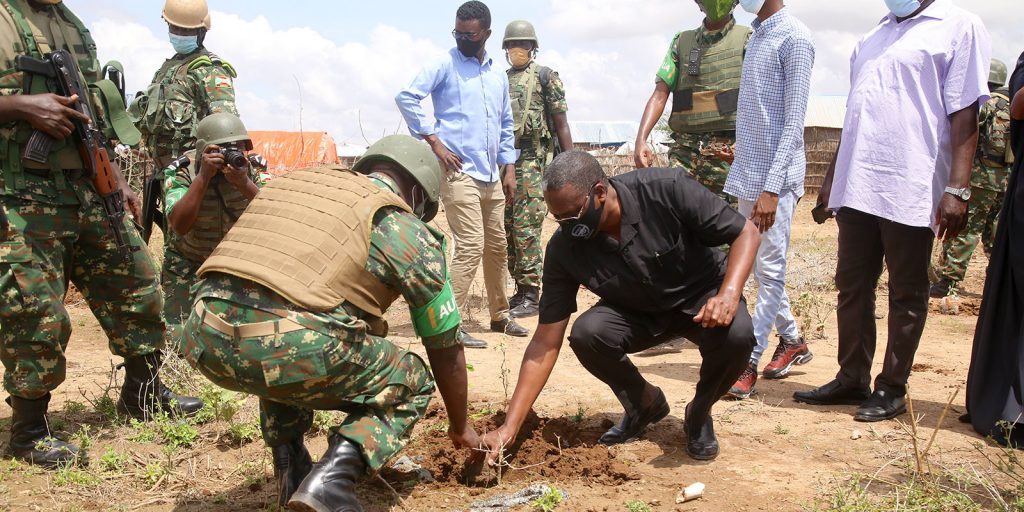
The outbreak of COVID-19 has not only exposed the vulnerabilities of many countries, but has in some cases exacerbated existing fault lines yielding conflictual outcomes that might take many years to address.
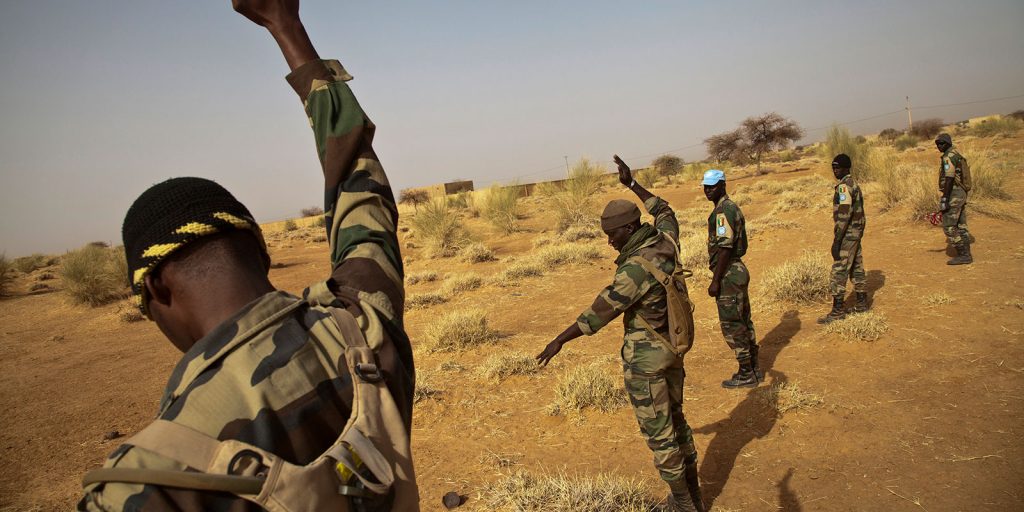
ISWAP, noticing the vacuum created by the death of Shekau, seized the opportunity to move in and present itself as the most prominent violent extremist group in the region, and has deepened its relationship with the Islamic State (IS), thus making itself a global threat and expanding the network and reach of such groups.
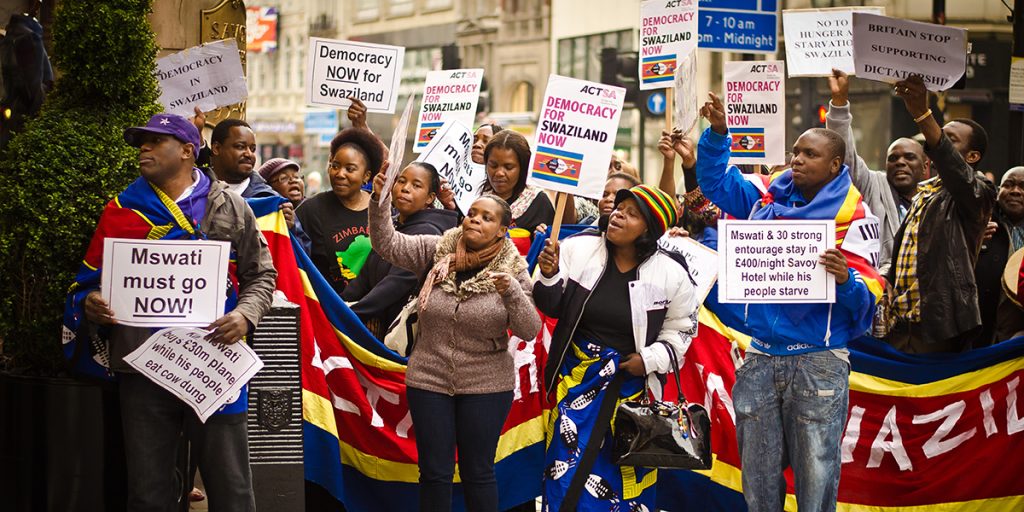
Conflict and violence need to be understood in localised contexts and realities; this allows for an understanding of conflict that is unique to a country’s history and socio-political reality. Eswatini does not exhibit the signs of what the WPS agenda considers conflict.
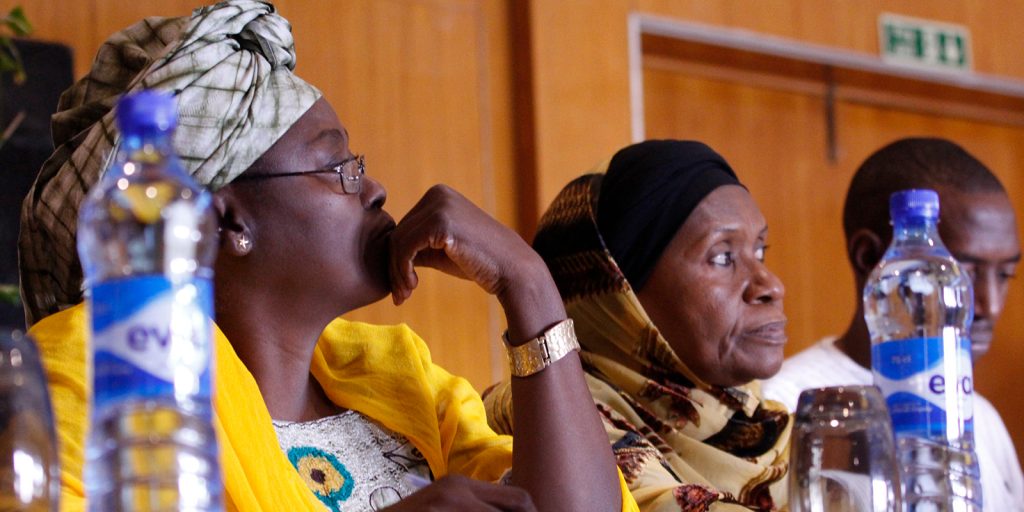
If politics is about who gets what, when, and how, then the political economy of managing diversity, especially in the era of competitive electoral politics, is also crucial to reflect upon.
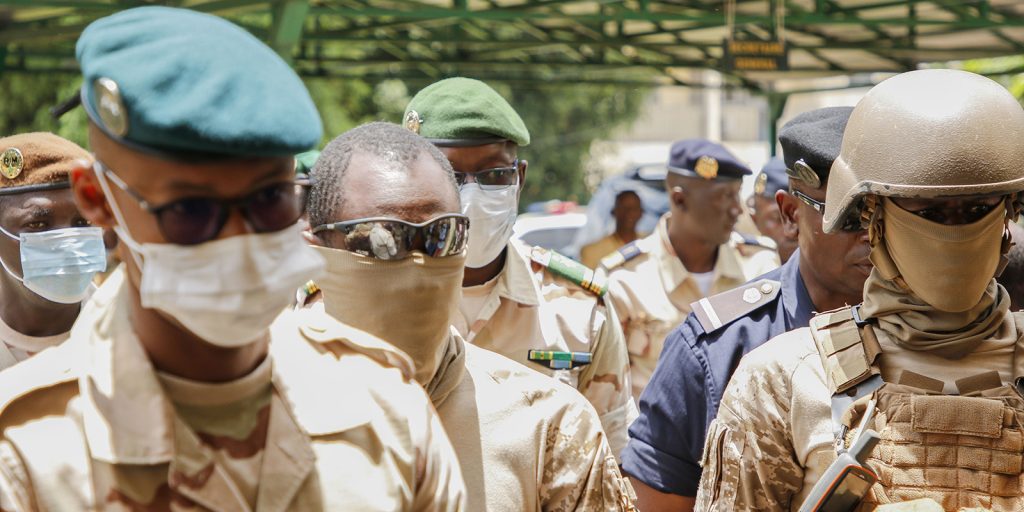
The alarming rate of coups on the continent are an indicator that firmer measures are required from the AU and respective regional bodies as a deterrent.
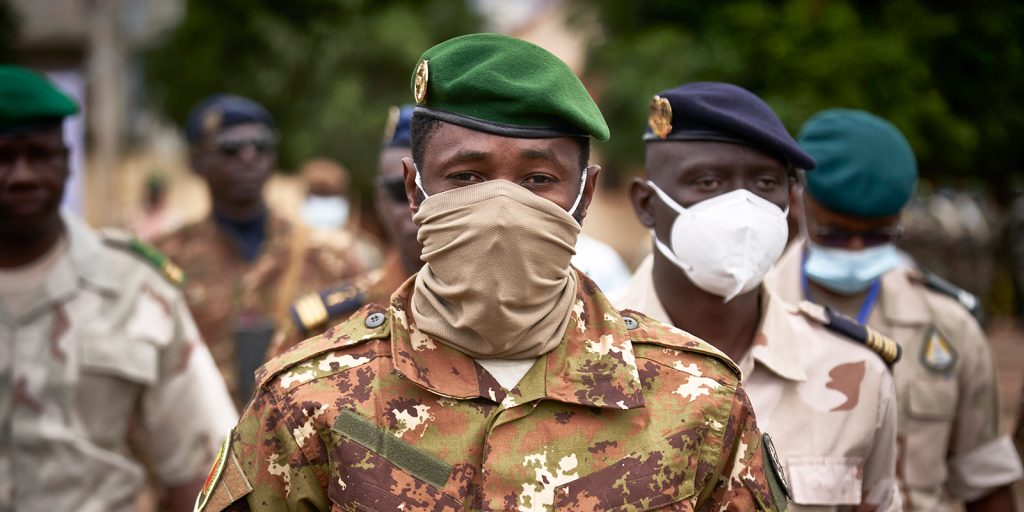
Prior to the coups, the continent had already witnessed 7 popular uprisings within the last decade that brought about changes in government. The actions, and inactions, of the military were critical to the outcome of these uprisings.